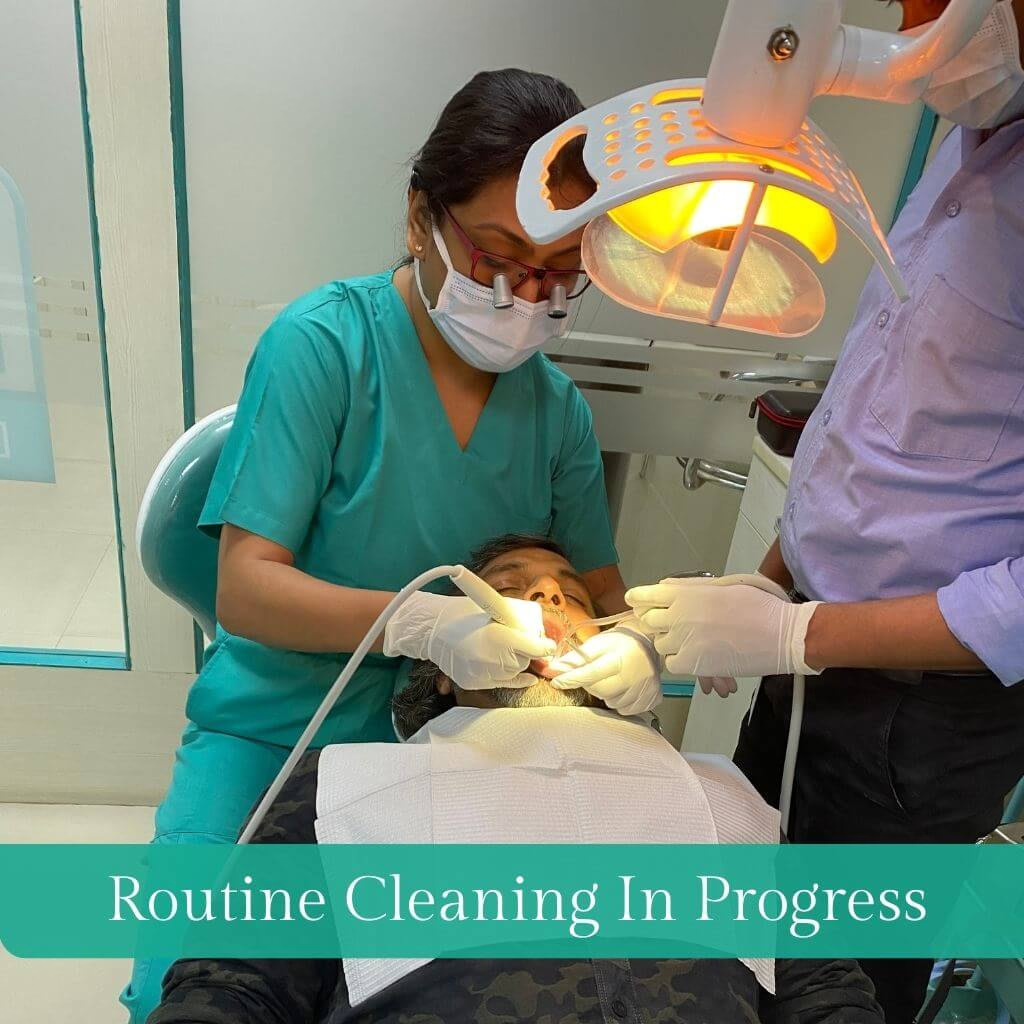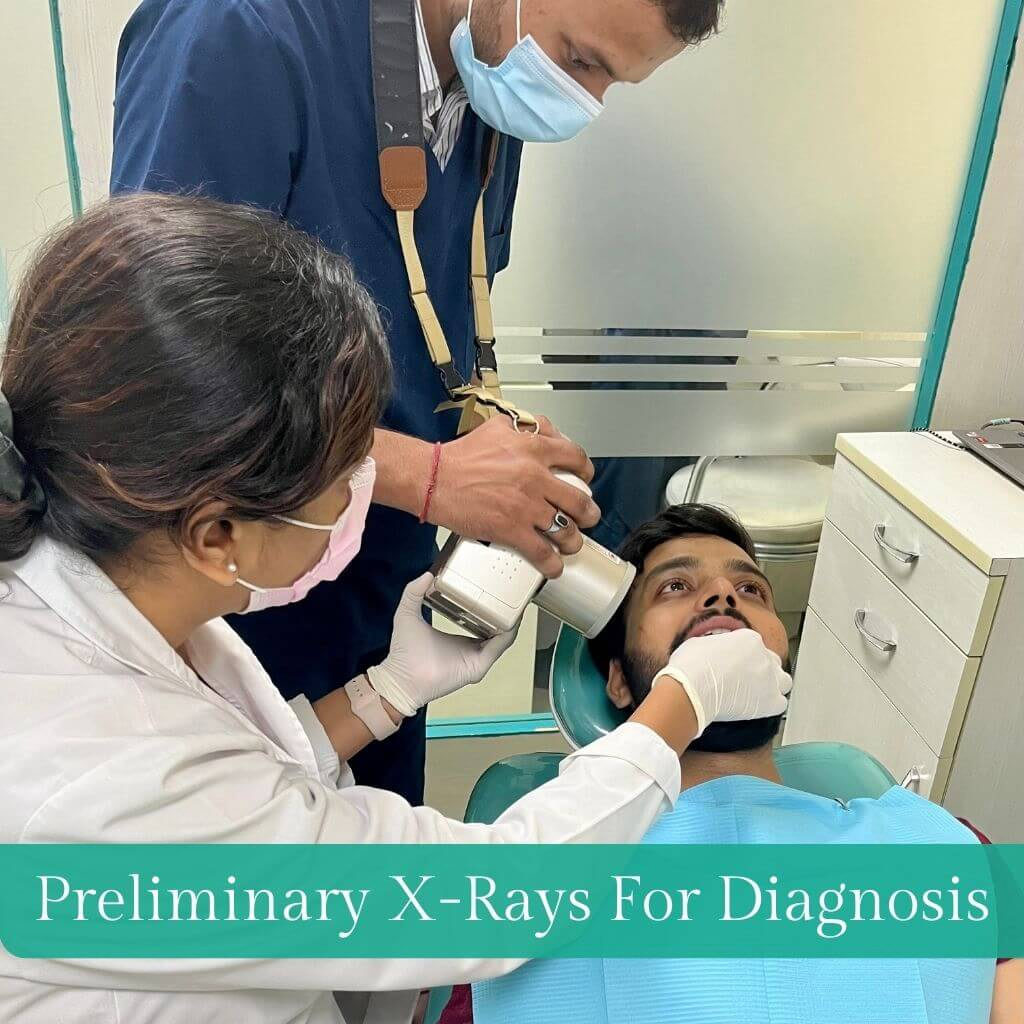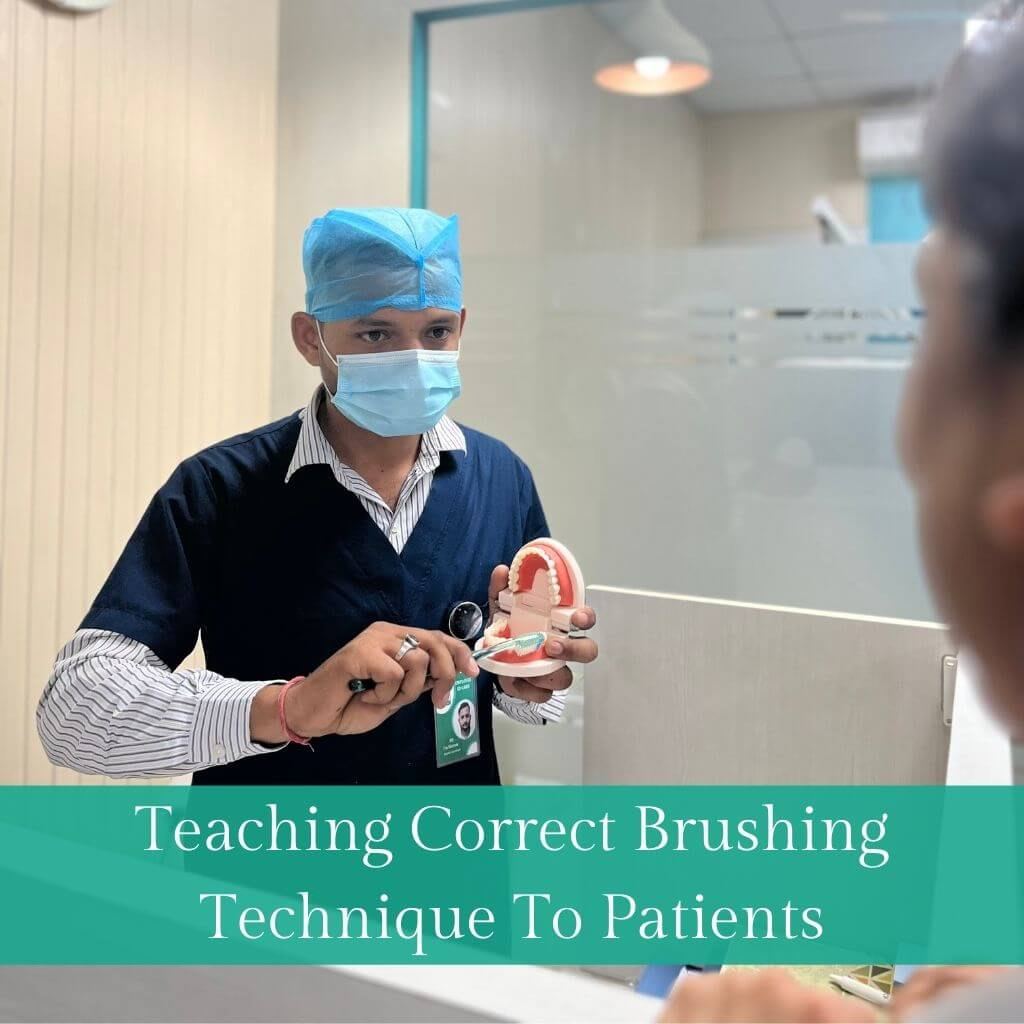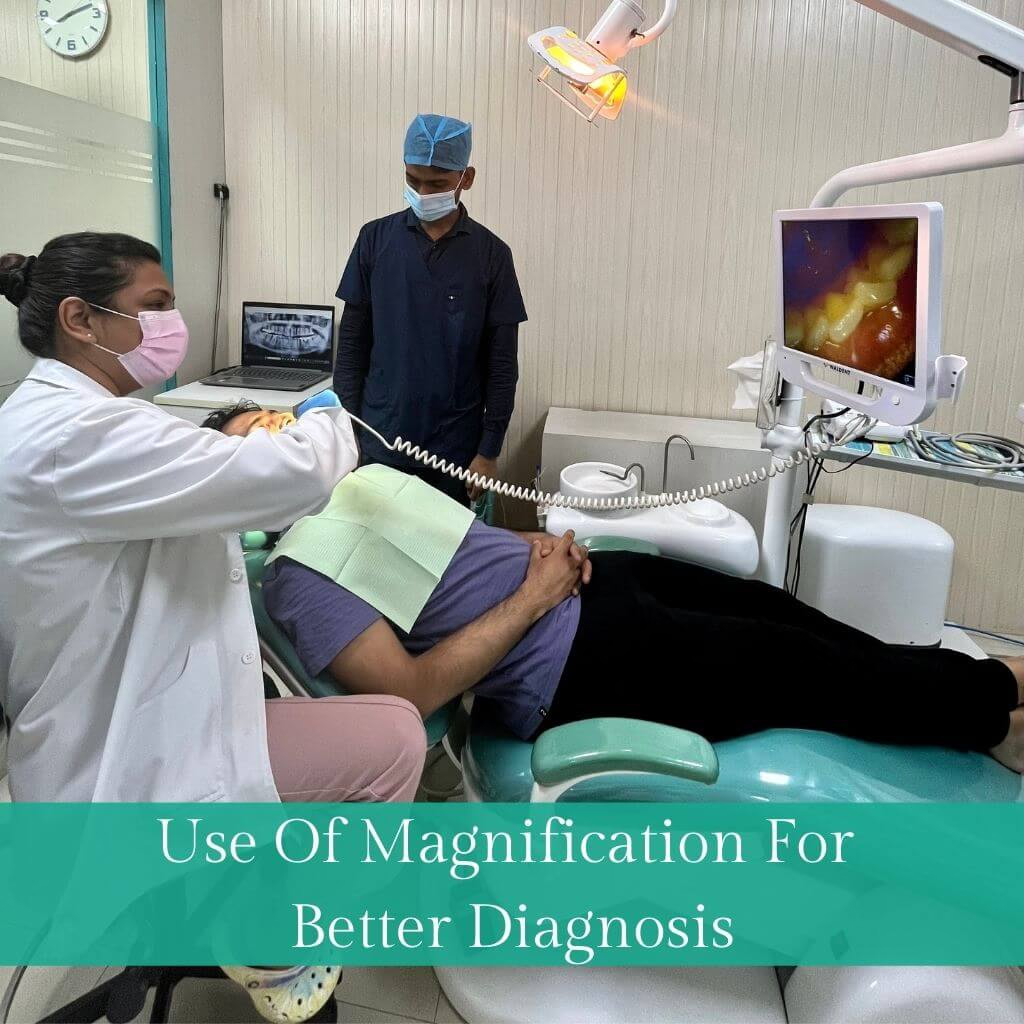How Often Do You Need to See a Dentist?
How often do you visit your dentist? Is it as frequent as the dentist recommends, or are those appointments pushed further down your to-do list every time?
Amidst the hustle of daily life, the care of our teeth tends to take a backseat. However, maintaining proper oral health is crucial for our overall well-being.
So, let's embark on this journey together and uncover the truth about the ideal frequency of dental visits for a smile that radiates confidence and health.
Key Takeaways
- Ideally, regular dental visits every six months are pivotal for maintaining optimal oral health, but individual needs may vary based on risk factors and oral health status.
- Timely checkups facilitate early detection and prevention of dental issues, minimizing the risk of complications and potential extensive treatments in the future.
- High-risk individuals may benefit from more frequent visits, while those with excellent oral health might extend intervals between appointments under dental supervision.
- Neglecting regular dental checkups increases the likelihood of untreated dental problems, potentially leading to tooth loss, gum diseases, and overall health concerns.
Importance Of Regular Dental Checkups
Routine dental checkups are crucial for upholding excellent oral health and preempting potential dental problems. These routine visits provide an opportunity for professional assessment and early detection of any issues, allowing for timely intervention and treatment.
Dental checkups involve thorough examinations, including screenings for oral cancer, cavities, gum disease, and various other oral health concerns that might otherwise go unnoticed. Additionally, professional cleanings during these visits help remove plaque and tartar buildup, reducing the risk of tooth decay and gum disease.
By attending regular dental checkups, individuals can address minor problems before they escalate, ensuring long-term oral health and potentially minimizing the need for more extensive and costly treatments down the road.
Factors Influencing Visit Frequency
- Overall Oral Health: Your oral health is crucial for overall well-being. Individuals with a history of dental issues or conditions like gum disease may require more frequent visits for maintenance and monitoring.
- Age: Different age groups often have varying dental needs. Children, adolescents, adults, and seniors might require different frequencies of dental checkups due to evolving dental concerns at different life stages.
- Medical Conditions: Certain medical conditions or treatments, such as diabetes or cancer therapies, can impact oral health, necessitating more frequent dental visits for specialized care.
- Smoking and Diet Habits: Smoking, as well as certain diets high in sugars or acids, can increase the risk of dental problems, demanding more frequent visits to manage potential issues.
- Genetics: Some individuals may be more predisposed to dental problems due to genetic factors, potentially requiring more regular dental checkups for preventative care.
- Previous Dental History: Past dental procedures, surgeries, or ongoing treatments might dictate a specific visit schedule for follow-ups or maintenance.
- Dental Hygiene Practices: The effectiveness of your oral hygiene routine at home can influence the frequency of dental visits. Consistent and thorough oral care may reduce the need for frequent appointments.
Dietary and Lifestyle Influences on Oral Health
Diet and lifestyle choices wield significant influence over oral health. The foods and drinks we intake directly impact our teeth and gums.
High-sugar diets, frequent snacking, and acidic beverages can contribute to tooth decay and erosion. Poor dietary habits may also promote bacterial growth, forming plaque and gum disease.
On the flip side, a well-rounded diet packed with essential nutrients such as calcium & phosphorus, along with vitamins C and D, helps reinforce teeth and gums, contributing to their durability and strength.
Lifestyle habits like smoking increase risks for gum disease, tooth discolouration, and oral cancer. Engaging in consistent physical activity and adopting effective stress management techniques can contribute to oral health benefits by reducing inflammation and promoting overall well-being.
Embracing a wholesome diet, minimizing sugar intake, avoiding tobacco, and maintaining a healthy lifestyle contribute significantly to preserving a radiant smile and optimal oral health.
Signs Prompting Immediate Dental Visits
- Severe toothache or persistent tooth pain
- Bleeding gums or unexplained oral bleeding
- Swelling or lumps in the mouth or facial area
- Injuries or harm caused to the teeth or mouth.
- Loose or knocked-out tooth/teeth
- Prolonged sensitivity to hot or cold
- Persistent bad breath or unusual taste in the mouth
- Signs of infection, like pus around a tooth or gums
- Changes in bite alignment or jaw pain
- Oral sores or lesions that don't heal within a couple of weeks
Being attentive to these indicators can prevent additional complications and guarantee prompt treatment for dental problems.
Age and Dental Health
Infants and Toddlers (0-2 years)
- Start oral care before teeth come in by softly wiping the gums using a clean, damp cloth after feedings to eliminate bacteria.
- Transition to brushing with a small, soft-bristled toothbrush and water as teeth appear.
- Avoid letting infants fall asleep with bottles containing formula, juice, milk, or other sugary liquids to prevent early childhood cavities.
When to Schedule a Dental Appointment?
Schedule the first dental visit by age 1 or within 6 months of the first tooth eruption for an examination, guidance on oral hygiene, and advice on nutrition and feeding practices.
Children (3-12 years)
- Encourage and supervise brushing with a pea-sized amount of age-appropriate fluoride toothpaste twice daily for two minutes.
- Teach proper brushing techniques and assist until children can effectively brush independently.
- Emphasize a balanced diet rich in vegetables, fruits, fibres, whole grains, and low-fat dairy while limiting sugary snacks and beverages.
- Consider dental sealants on permanent molars to protect against cavities.
- Ensure the use of mouthguards during sports activities to prevent dental injuries.
When to Schedule a Dental Appointment?
Routine checkups every six months, considering orthodontic evaluation, if needed, around age 7-8 years.
Adolescents (13-18 years)
- Reinforce consistent oral hygiene practices, including brushing, flossing, and using mouthwash daily.
- Encourage healthy dietary choices and hydration for overall health and oral care.
- Address orthodontic needs, considering braces or other corrective measures as the dentist recommends.
- Monitor wisdom teeth growth and consider extraction if they pose issues or crowding.
- Continue regular dental visits for routine checkups and professional cleanings and monitor any oral changes during this phase of growth and development.
When to Schedule a Dental Appointment?
Biannual checkups are every 6 months, and potential orthodontic visits are every 3-4 months.
Adults (19-64 years)
- Maintain a routine of brushing with fluoride containing toothpaste twice daily and flossing daily.
- Monitor and promptly address any signs of gum disease, tooth sensitivity, or changes in oral health.
- Limit sugary foods and acidic drinks, emphasizing a balanced diet to support oral and overall health.
- Attend regular dental checkups every 6 months for preventive care, oral cancer screenings, and early detection of dental problems.
When to Schedule a Dental Appointment?
Regular visits every 6 months; more frequent follow-ups (every 3-4 months) for specific treatments or issues if advised.
Under Age 35 with No Health Problems
- Maintain a consistent oral hygiene routine, brushing with fluoride toothpaste twice daily and flossing daily.
- Monitor any changes in oral health, promptly addressing issues like gum sensitivity or tooth discomfort.
- Limit intake of sugary foods and acidic drinks, emphasizing a balanced diet rich in essential nutrients for overall health and dental wellness.
- Consider orthodontic treatments or braces if alignment issues are present or desired for cosmetic purposes.
- Discuss preventive measures like regular oral prophylaxis with your dentist to protect gums and teeth against decay.
When to Schedule a Dental Appointment?
Regular 6-month checkups unless individual oral health suggests otherwise.
Seniors (65+ years)
- Continue oral hygiene practices, paying attention to gum health even if wearing dentures.
- Address dry mouth issues, commonly caused by medications, by staying hydrated and using saliva substitutes if necessary.
- Schedule regular dental visits for oral health assessments, including screenings for oral cancer, gum disease, and other age-related oral health concerns.
- Monitor the fit and condition of dentures, seeking adjustments or replacements as needed to maintain oral function and comfort.
When to Schedule a Dental Appointment?
Biannual visits for screenings, considering more frequent appointments (every 3-4 months) for specific dental needs.
Special Cases Requiring Regular Dental Visits
Individuals with Chronic Conditions
Maintaining oral health is paramount for individuals managing chronic conditions but may require specialized attention. Regular dental checkups, typically recommended every 3 to 6 months, play a crucial role. Coordination between the dentist and primary healthcare provider is essential to align dental care with overall health management. This collaboration ensures that dental treatments and medications do not interfere with the ongoing management of chronic conditions. It's imperative to diligently adhere to oral hygiene practices, as individuals with chronic conditions might be more susceptible to dental issues. Addressing any dental concerns promptly is crucial to prevent worsening existing health conditions.
Pregnant Women
Pregnancy often brings about changes in hormonal levels, potentially impacting oral health. Dentists advise pregnant women to prioritize dental visits, ideally during the second trimester. This timing is considered safe for dental procedures, minimizing potential risks to the developing fetus. Informing the dentist about the pregnancy is crucial, allowing for tailored care and precautions. Pregnant women should pay close attention to oral hygiene as hormonal changes increase their susceptibility to gum disease and cavities. Managing urgent dental needs during pregnancy is vital to prevent potential complications that could affect maternal and fetal health.
Individuals with Orthodontic Treatment
Those undergoing orthodontic treatment, such as braces, require specific care regimens. Regular visits to the orthodontist, typically every 3 to 6 weeks, are essential for adjustments and checkups. Adherence to these scheduled visits ensures the orthodontic treatment progresses as planned. Practising meticulous oral hygiene, especially around braces or orthodontic appliances, is crucial to prevent tooth decay or gum problems. Any emergencies or discomfort related to the orthodontic devices should be addressed promptly by seeking immediate dental attention.
Those Prone to Dental Issues (e.g., Gum Disease, Cavities)
Individuals prone to dental issues like gum disease or cavities should adhere to a preventive oral care routine. Regular dental checkups every 3 -6 months, or as the dentist advises based on individual risk factors, are essential. These visits allow early detection and intervention to manage or prevent dental problems. Implementing an enhanced oral hygiene regimen tailored to specific concerns, including thorough brushing, flossing, and mouthwash, is crucial. Additional preventive treatments like fluoride applications or dental sealants may be recommended to fortify teeth and prevent cavities or gum disease.
Frequency of Dental Checkups Based on Risk Factors
Low-Risk Individuals
For individuals at low risk of dental issues, typically maintaining good oral hygiene practices and having no significant history of dental problems, regular dental checkups every 6 to 12 months are often sufficient. These visits allow for preventive care, routine cleanings, and oral health monitoring without more frequent evaluations.
Moderate-Risk Individuals
Those classified as moderate-risk individuals, potentially due to a history of minor dental problems or some risk factors for oral issues, might benefit from more frequent dental checkups. Visits every 4 to 6 months provide opportunities for closer monitoring, early detection of potential issues, and implementing preventive measures. This frequency aids in managing oral health proactively, reducing the likelihood of escalating dental problems.
High-Risk Individuals
High-risk individuals characterized by a significant history of dental problems, ongoing oral health issues, chronic conditions impacting oral health, or habits that increase the risk of dental problems must consider more frequent dental checkups. Visiting the dentist every 3 to 4 months allows for intensive monitoring, immediate intervention for emerging issues, and personalized care plans to manage and mitigate the impact of dental concerns. This frequency assists in preventing complications and maintaining oral health in individuals with heightened risk factors.
Tips on Maintaining Oral Health Between Visits
- Consistent Oral Hygiene Routine: Brushing teeth twice a day using fluoride toothpaste and daily flossing aids in eliminating plaque and preventing cavities, gum disease, and unpleasant breath.
- Proper Technique: Ensure you're using the correct brushing and flossing techniques. Gentle circular motions for brushing and a 'C' shape for flossing around each tooth aid in thorough cleaning.
- Balanced Diet: Limit sugary snacks and acidic drinks as they contribute to tooth decay. A diet rich in fruits, vegetables, calcium-rich foods, and water supports oral health.
- Limiting Snacking: Frequent snacking continuously exposes teeth to acids and sugars, increasing the risk of decay. Opt for healthier snack options and try to limit snacking between meals.
- Drink Water: Water plays an important role in oral health by rinsing away food particles, decreasing acidity levels in the mouth, and stimulating saliva production. This natural process assists in cleaning teeth and protecting them from harm.
- Use Fluoride Products: Incorporate fluoride mouthwash or consider fluoride treatments, as your dentist recommends, to strengthen tooth enamel and prevent cavities.
- Avoid Tobacco Products: Using tobacco products increases the chances of developing gum diseases, oral cancer, and tooth discolouration. However, quitting or cutting down on tobacco usage can notably improve oral health.
- Chewing Sugarless Gum: Munching on sugarless gum post meals boosts saliva production, aiding in acid neutralization and preventing the buildup of plaque.
- Protect Teeth During Sports: Use mouthguards during sports activities to prevent dental injuries like fractures or knocked-out teeth.
- Regularly Replace Dental Tools: Replace toothbrushes every 3-4 months or sooner if bristles fray. Also, remember to change toothbrushes after recovering from illness to avoid reintroducing bacteria and viruses.
- Address Dental Issues Promptly: Should you notice any alterations in your oral health, such as tooth sensitivity, bleeding gums, or oral discomfort, it's crucial to promptly seek advice from your dentist to prevent potential issues from worsening.
Consistency in oral care practices and a healthy lifestyle greatly contribute to good oral health between dental visits.
Frequently Asked Question
Conclusion
In conclusion, the frequency of dental visits varies based on individual factors, but regular checkups are fundamental for sustaining excellent oral health.
Your dentist can customize a schedule that suits your needs, ensuring preventive care and addressing emerging issues. Maintaining a consistent oral hygiene routine and adopting a healthy lifestyle between visits significantly contribute to dental wellness.
Book an appointment at Hope Dental & Aesthetic Clinic, Noida, for personalized and comprehensive dental services and to achieve a healthier smile.






